OEM Lithium Battery Services
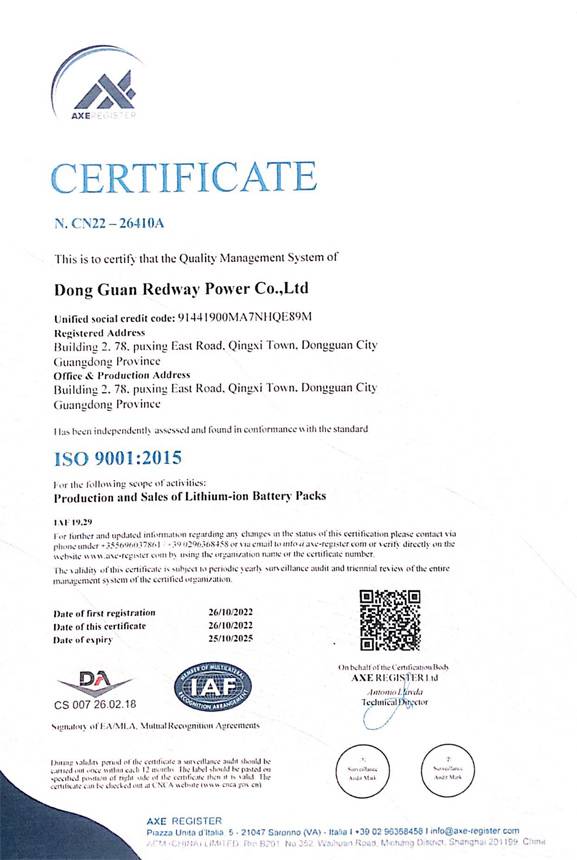
Redway's Commitment to Superior Lithium Battery Quality
With more than 12 years of industry experience, Redway is a well-established and trusted custom battery pack manufacturer, providing engineering capabilities from concept through production. Our leading edge manufacturing facility and headquarters are based in Shenzhen, Dongguan and Sichuan China.
At Redway, we specialize in the custom design and manufacture of energy storage battery industrial battery packs for original equipment manufacturers (“OEM”) from a spectrum of industries. Designs are developed for optimum manufacturing and performance, with emphasis towards minimizing cost. Along with proven expertise, we extend our clients an industry leading warranty on workmanship.
Hot OEM Lithium Batteries 2024
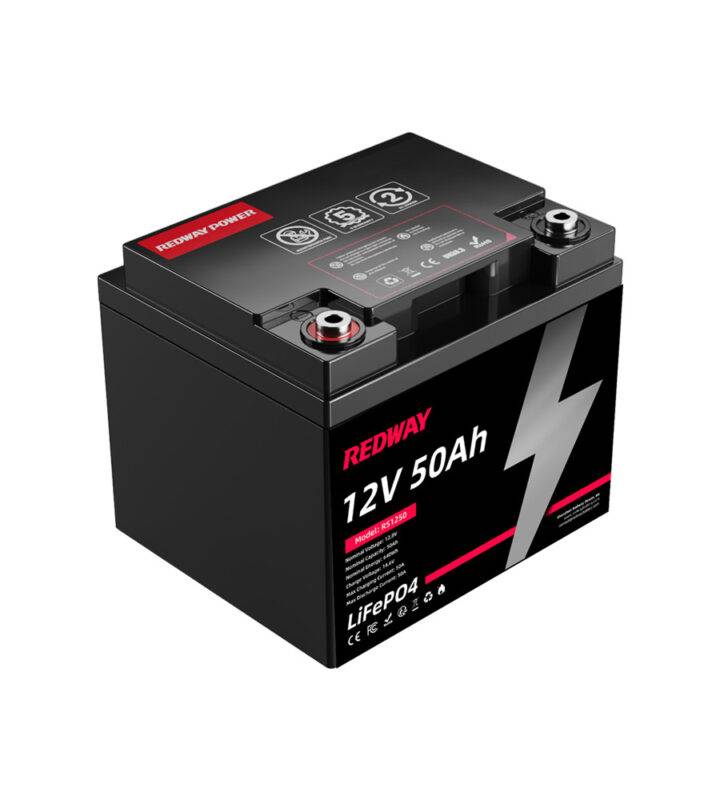
12V 50Ah
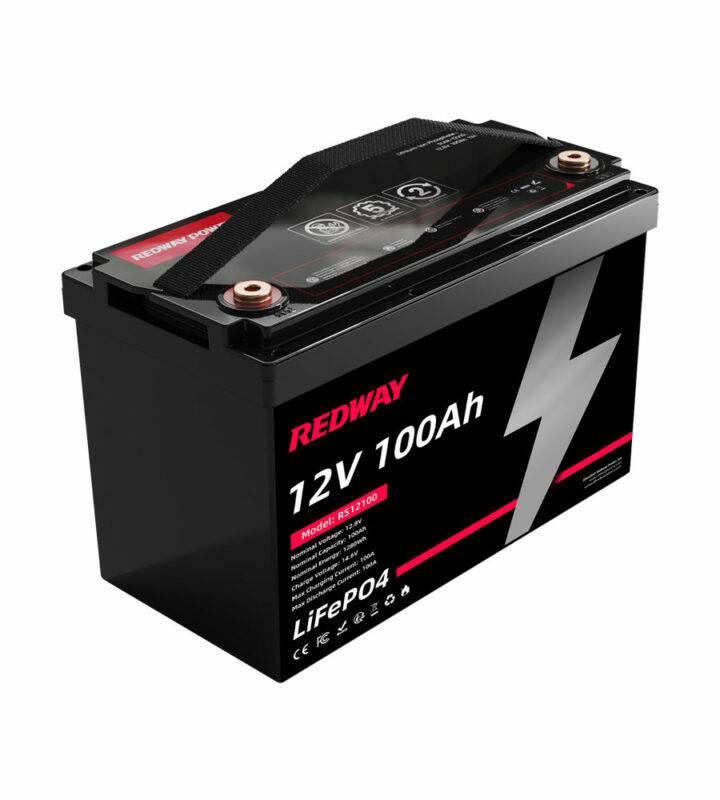
12V 100Ah Group 24
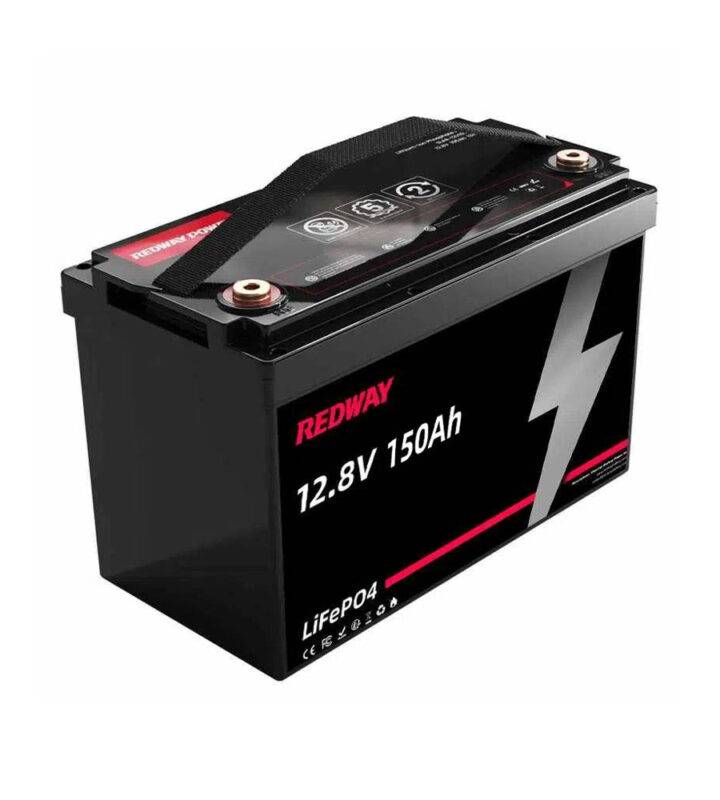
12V 150Ah Group 31
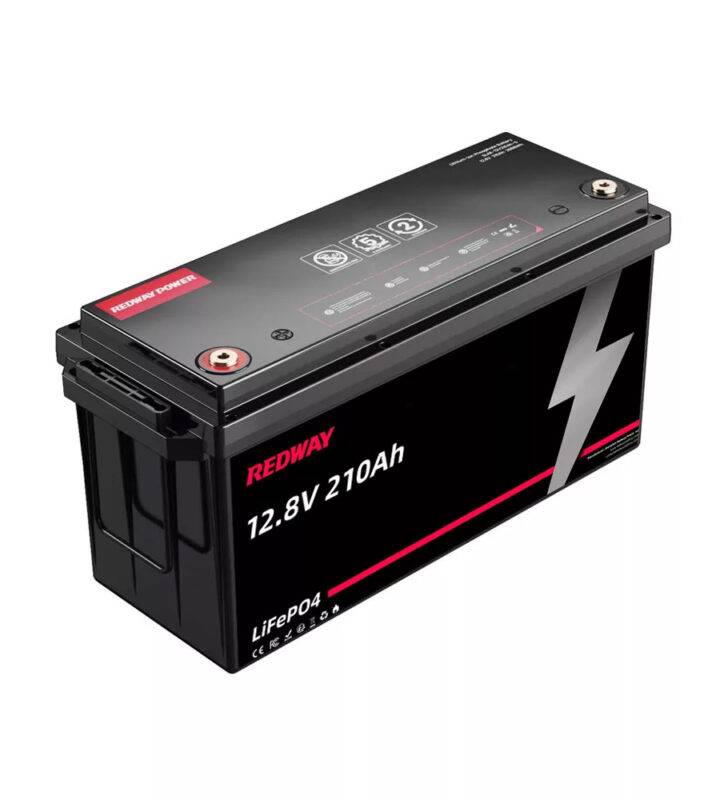
12V 200Ah
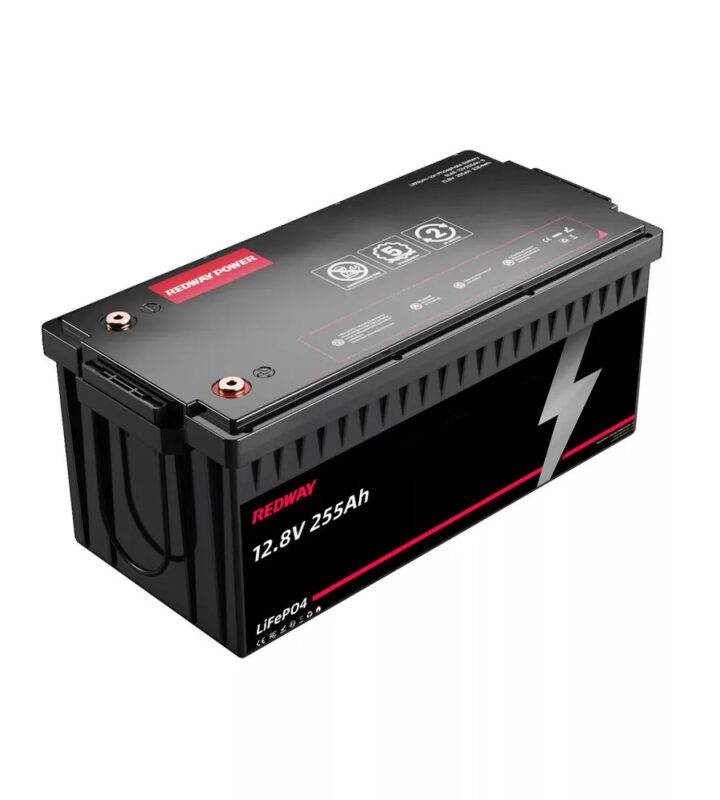
12V 250Ah
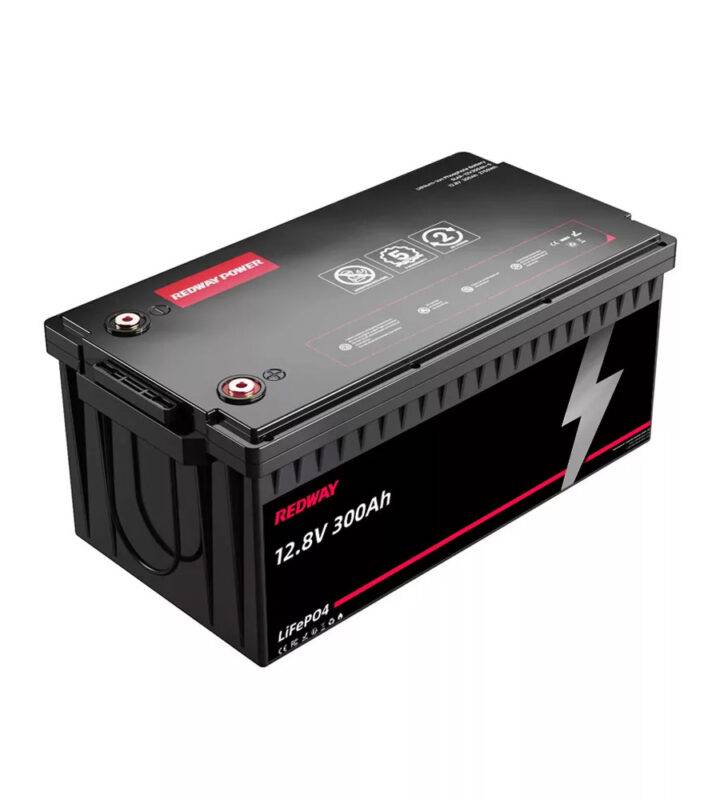
12V 300Ah 8D
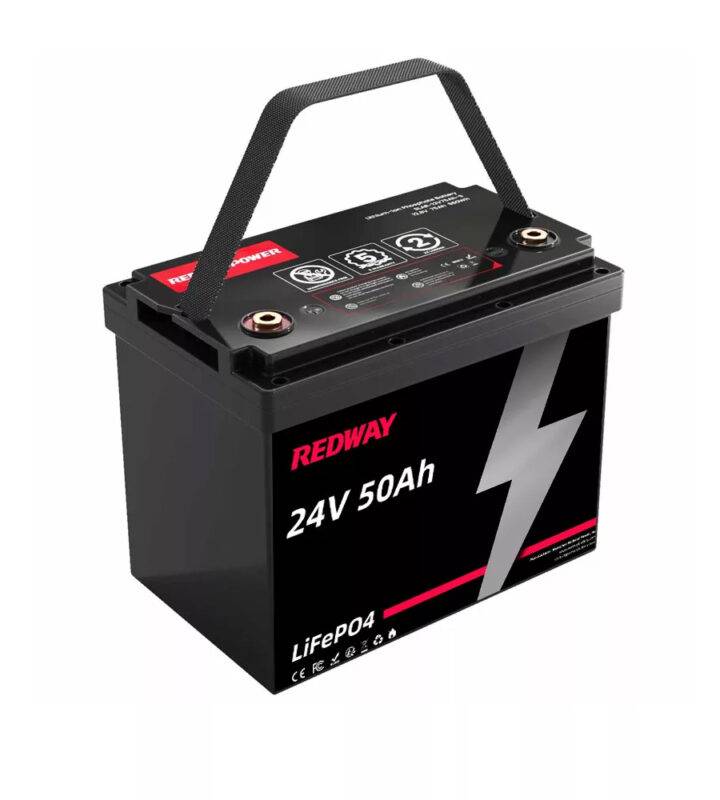
24V 50Ah Group 24
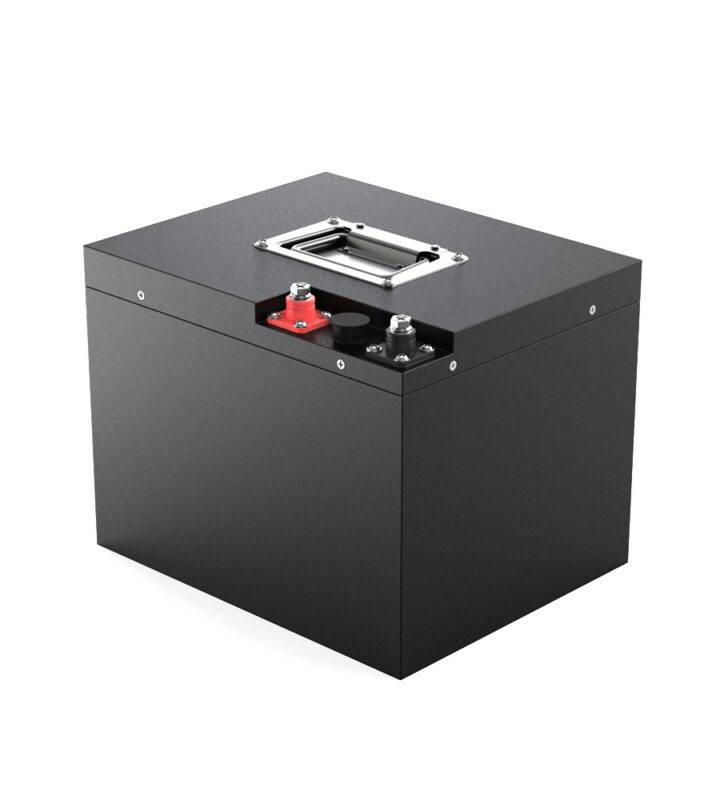
24V 80Ah
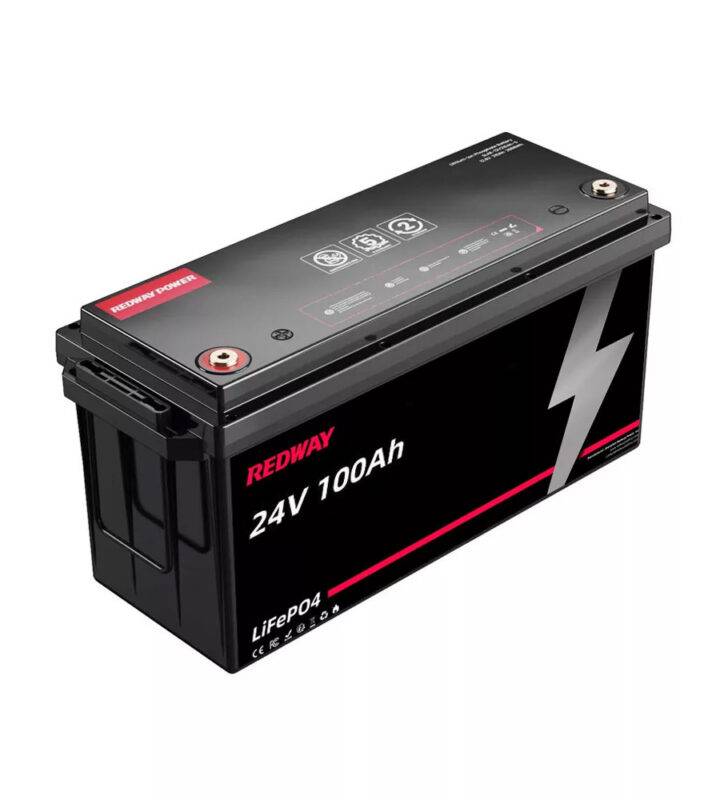
24V 100Ah
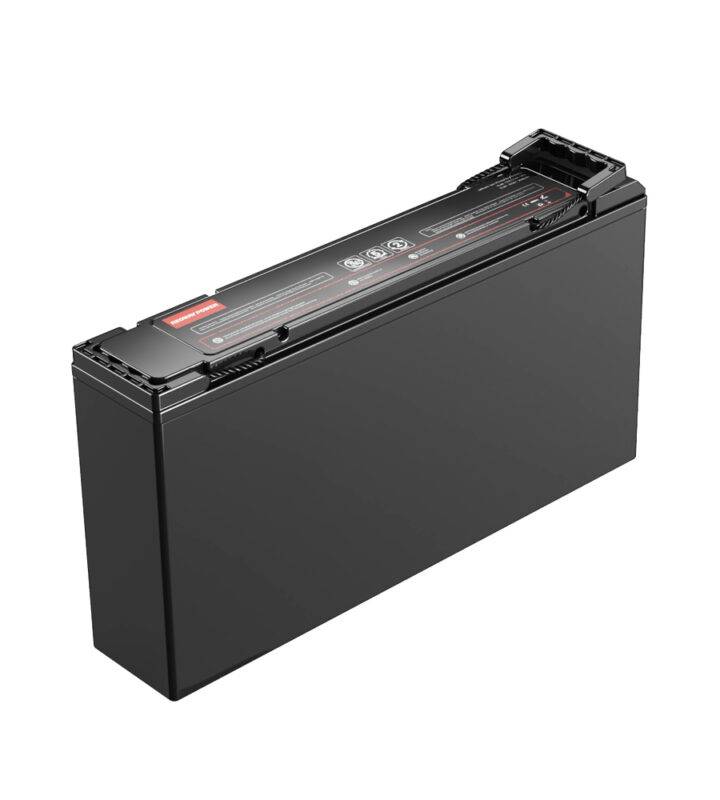
24V 100Ah
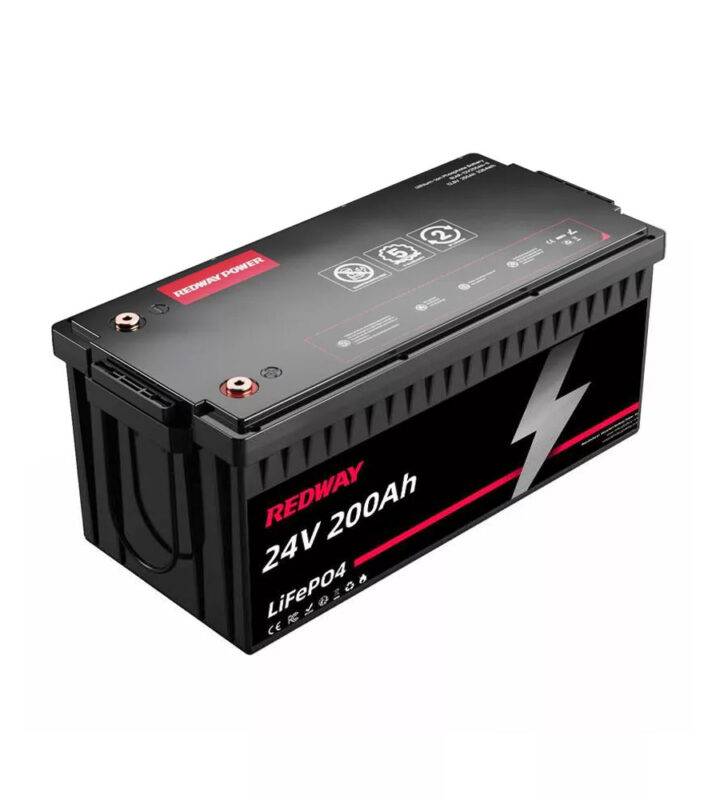
24V 200Ah
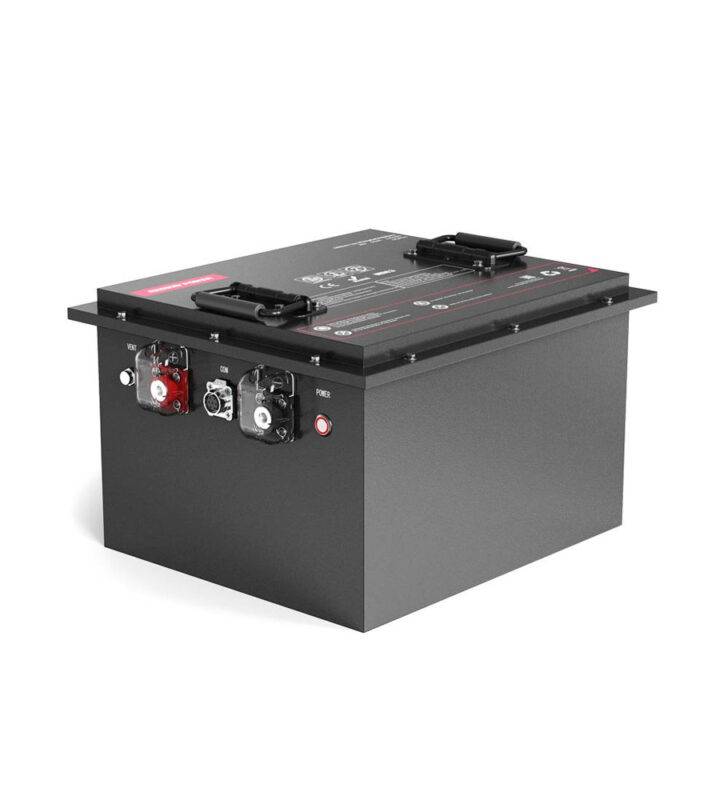
36V 50Ah Golf Carts
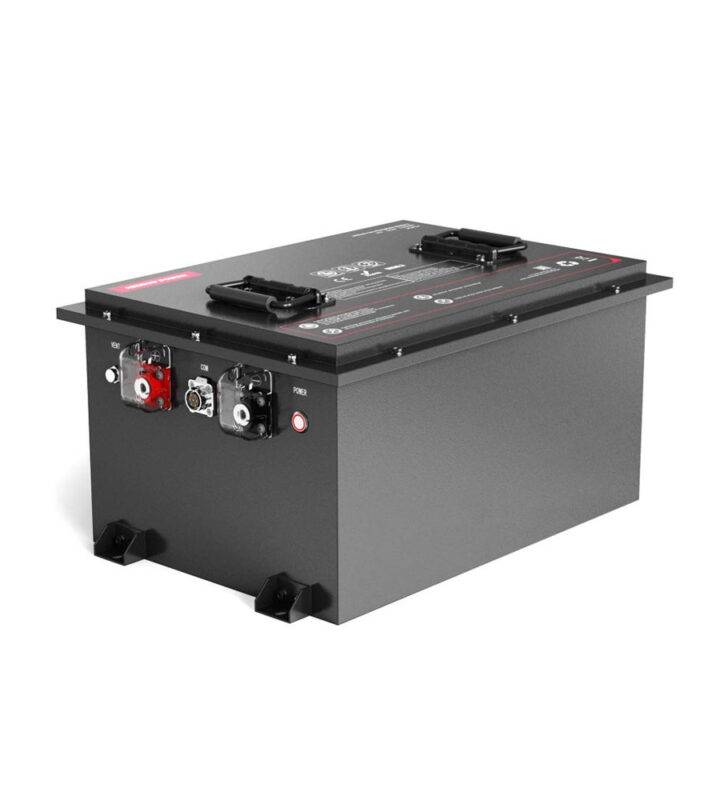
48V 100Ah Golf Carts
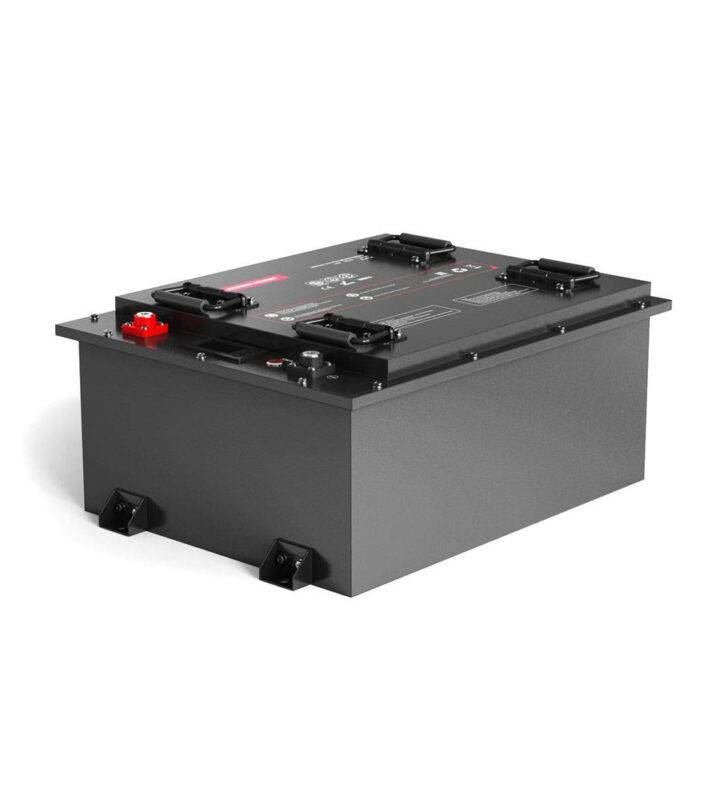
48V 150Ah
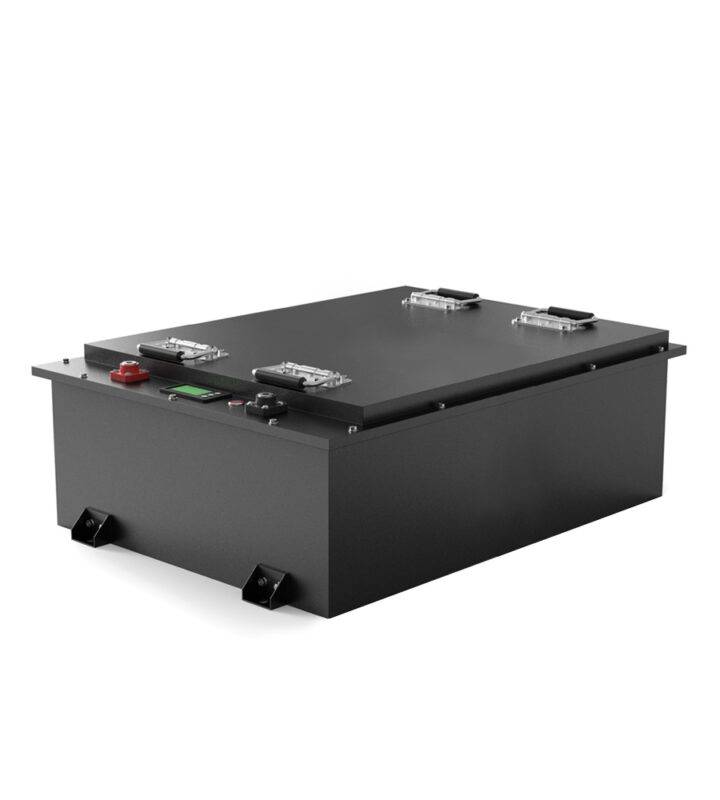
48V 200Ah
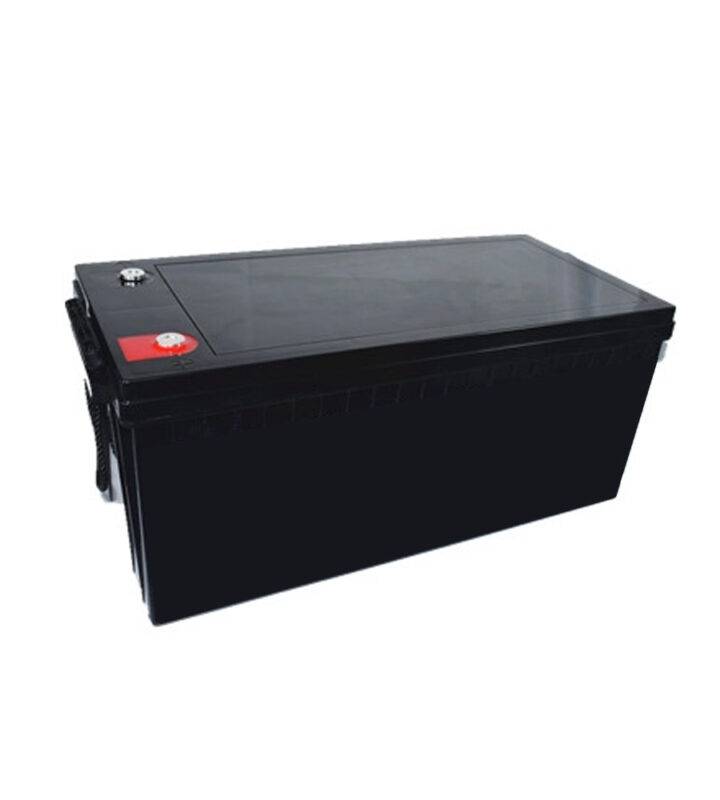
60V 50Ah
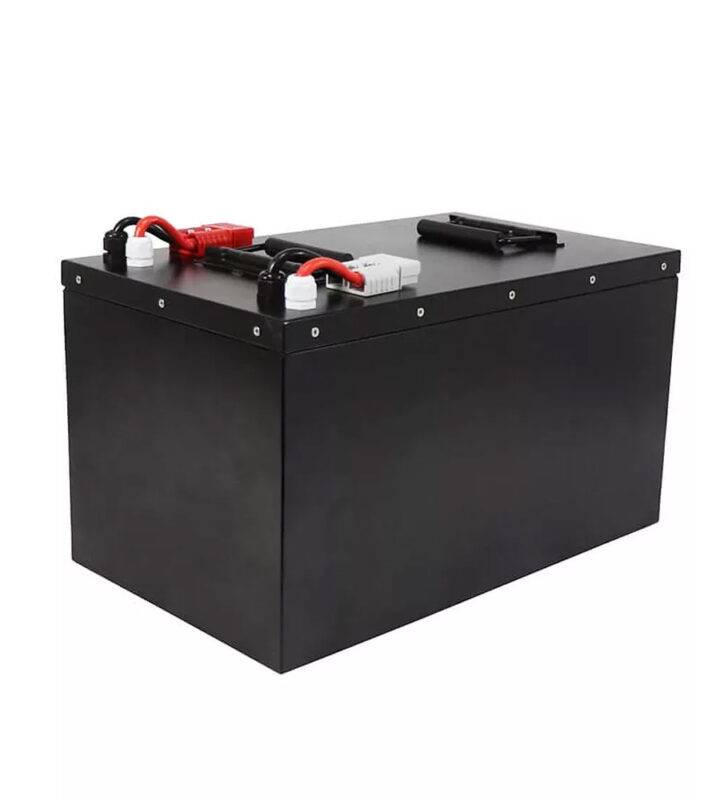
60V 100Ah E-Scooter
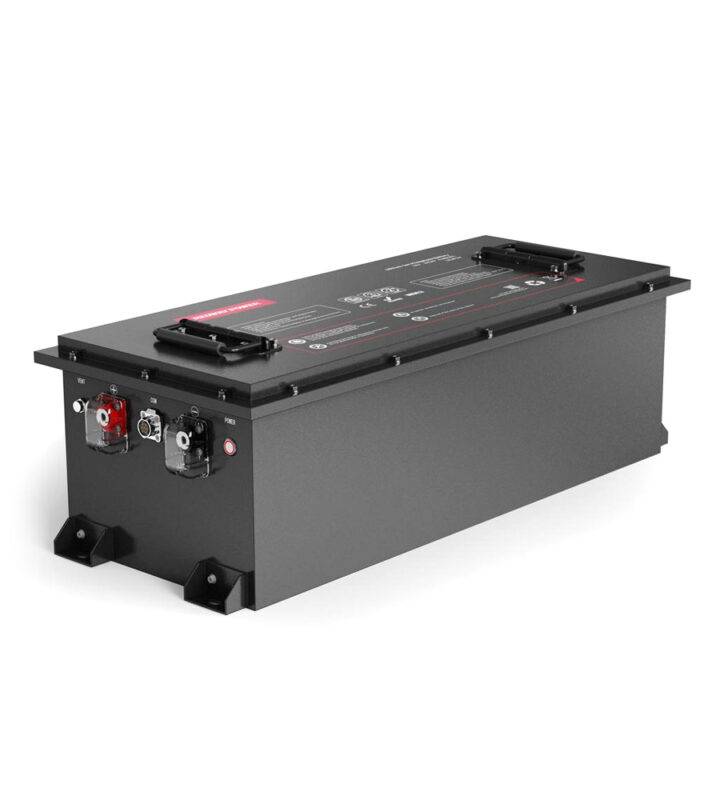
72V 100Ah Golf Carts
Redway Factory Service Process
Our lithium battery engineers and sales representatives connect with global customers.
1. Inquiry
The experienced sales representatives will look at the submitted documents to evaluate the information provided.
2. Evaluation
Once we acquire all necessary info regarding your inquiry, our engineering department will develop the best solution based on your need.
3. Specification Verification
Engineers will send the best solution found to our sales representative and relay the information back to you to verify the solution provided.
4. Quotation
Once you verify the solution, we will formally send an estimated cost of service including any related fees to the fulfillment of the service.
5. Sample Production
Before moving to mass production, sample batteries will be provided to ensure customer satisfaction.
6. Price Verification
Once satisfied with the performance of samples and final design; a formal document of total price of services will be sent to you for final verification.
7. Production Schedule
Once the order has been paid, a timeframe of the production will be relayed to you by your sales representatives.
8. Shipment
Batteries will be shipped to the customer’s designated location.
Redway Power 2-Wheels, 3-Wheels E-Scooter Lithium Battery Manufacturing.
This Video is Redway Power 2-Wheels, 3-Wheels Electric Scooter Lithium Battery Factory View.
Redway Power in 2023 Lithium Battery Expo Hongkong
This Video is Redway Power in 2023 Lithium Battery Expo Hongkong

